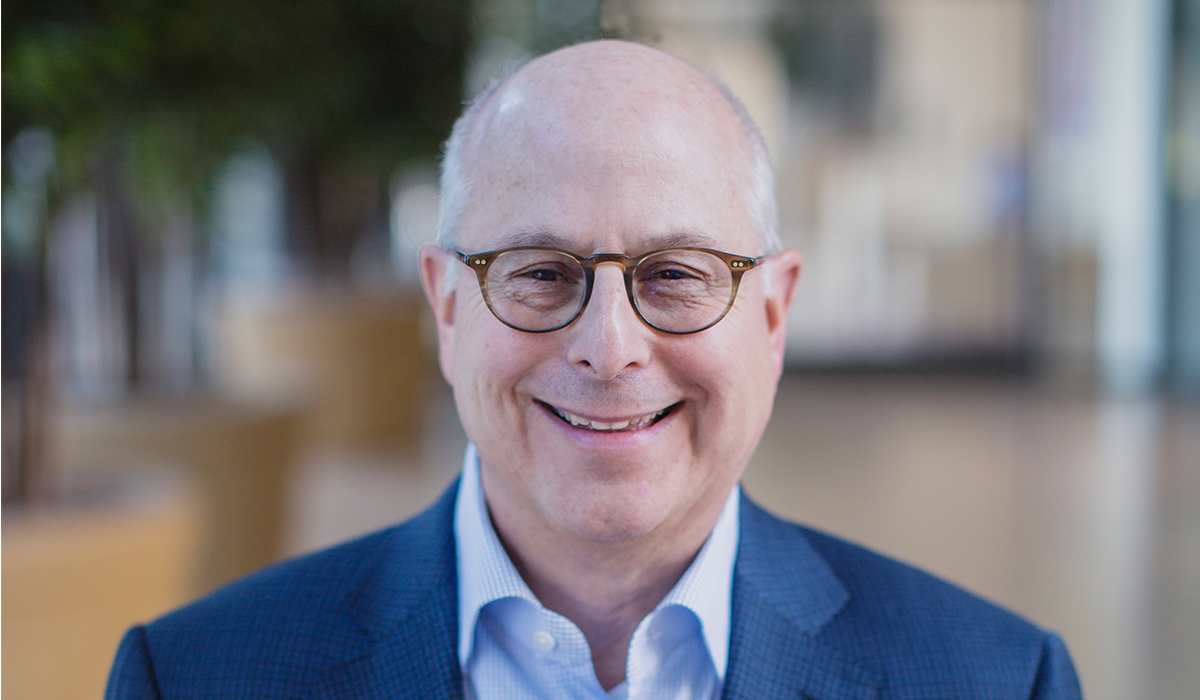
Vicky Schiff, Michael Hackman, Victor Coleman and other big hitters discuss Los Angeles’ office and studios markets post-COVID—courtesy of Anna Staropoli, Commerical Observer.
One of the pandemic’s most resounding financial takeaways has nothing to do with the economy; rather, the future of business ventures is rooted in basic human connection, social etiquette, and collaboration.
During Commercial Observer’s Third Annual Spring Financing Commercial Real Estate Forum on June 10, Los Angeles finance experts said they expected personal contact and respectful business relationships to spur deals in the upcoming months.
In a keynote conversation with CO Moderator Greg Cornfield, Michael Hackman — CEO of Hackman Capital Partners — noted his willingness to work with other developers in joint ventures
“Even though we own studios,” he said, “we service a lot of other owners of studios and help them maximize their profits.”
He pointed to the increasingly competitive L.A. market as a primer for collaboration and acknowledged the consolidation of media powerhouses, such as Disney and Fox, and Amazon and MGM, as examples of teamwork.
“Amazon buying MGM is a good thing,” Hackman said. “It shows a lot of their commitment and resolve to being in this industry and growing their platform.”
Such acquisitions enable companies like Amazon and Disney to create cost-effective content. The increasing demand in the marketplace requires this kind of efficiency in order for a company to remain competitive. With over 400 sound stages, the Los Angeles entertainment sphere is saturated, and the demand is only slated to increase.
“The growth and the content consumption will continue for a long time,” Hackman said. “Based upon a recent study, I think there was an approximate $8.8 billion spent in 2016, and that is projected to go to $33.4 billion in 2024.”
In considering this growth, Hackman warned against the pitfalls of relying on short-term success, urging buyers to think long-term. The surging demand for studio spaces and ever-rising market for content creation has led to a decentralization of studios now located outside Los Angeles — a move that may not be so lucrative down the road.
“Urban markets always will be more desirable over the outlying markets,” Hackman said, as places like L.A. are hotspots for studio spaces. A move to the periphery may limit employee accessibility and inhibit access to the space.
Reonomy founder and Executive Chair Richard Sarkis moderated the forum’s second panel — “A Fresh Outlook: A New Year, a New Economic Forecast From Top Market Participants.” Panelists included Matt Felsot, Southwest regional manager at JPMorgan; Seth Grossman, senior managing director at Meridian Capital Group; Ronnie Gul, principal at Mesa West Capital; and Vicky Schiff, managing partner at MREC Management.
When asked about the most surprising outcome of 2020, Schiff said the pandemic amplified people’s true behaviors and reiterated their commitment to their professional lives. Though the future of offices remains uncertain, the need for human interaction has outlasted the pandemic, and a failure to readjust to an in-person business model may inhibit future successes.
“We’re still very much a human being industry where knowing people gets you deals and transactions and creates relationships,” Schiff said, pointing to the industry’s high level of competition. “We can’t lose sight of that.”
Economic recovery is less predictable, however. The panelists were relatively optimistic that cities like L.A. will fully recover from COVID-19, but stated that the form and timeline of such revivals will vary, depending on the asset classes in question.
Hotels, for example, have been slow to return to capacity, whereas restaurants have bounced back at a faster rate. This has led to cautious investments. “The biggest mismatch right now, in my opinion, is hospitality lending,” Grossman said. “There is a lag between lender appetite for hospitality.”
“Hospitality tends to be the type of asset class you want to lay into coming out of a down cycle, kind of into a new cycle,” Gul agreed. The exact timeline for when the industry will return to its feet is therefore unpredictable.
Another economic unknown — access to construction materials — has similarly yielded an uncertain future for lending and building.
Surcharges on lumber production are the most cited example of increasing construction costs, but other materials have likewise fallen to the wayside during the pandemic. Schiff referenced cabinets stuck in the L.A. harbor as an example of materials that have failed to make it to job sites, halting construction. Because material access is up in the air, it is imperative that budgets account for delays and costs prior to building, panelists said.
Read the article in Commercial Observer.

